
Premises Liability Lawyers in Southern California
In California, anyone who is injured on someone else’s property may be entitled to compensation. However, in order to recover damages, the injured party must be able to show that the property owner or occupier negligently maintained the property.
If you were hurt on private or commercial property, it’s important that you take immediate action to hold the at-fault party responsible and recover the compensation you are rightfully owed. At Carpenter & Zuckerman, we have premises liability lawyers who can help you prove fault in your case and fight for maximum payment for your damages, such as your medical bills, lost wages, and pain and suffering.
Contact us today for a free consultation



A Few Of Our Big Wins
-
 $131M Car Accident
$131M Car Accident -
 $74.53M Birth Injury
$74.53M Birth Injury -
 $45M Drunk Driver
$45M Drunk Driver -
 $31.7M Brain Injury
$31.7M Brain Injury -
 $29.25M Brain Injury
$29.25M Brain Injury -
 $21.65M Motorcycle Accident
$21.65M Motorcycle Accident -
 $17M Brain Injury
$17M Brain Injury -
 $16.4M Medical Malpractice
$16.4M Medical Malpractice -
 $14.6M Commercial Vehicle
$14.6M Commercial Vehicle
How Can You Prove Fault in a Premises Liability Case?
In order to show that a property owner or occupier was negligent and is therefore liable in a premises liability case, the plaintiff must be able to prove these four elements:
- Duty: The defendant owed the plaintiff a legal duty of care. For example, store owners who expect customers to come in and out on a regular basis should do their best to ensure that customers do not face any hazardous conditions on the property. Therefore, store owners would owe their customers a duty of care. However, a property owner does not necessarily owe the same duty of care to someone who is trespassing on their property.
- Breach of Duty: If it can be proven that the defendant owed the plaintiff a duty of care, it must then be proven that the defendant breached this duty. For example, let’s say you slipped on a puddle of water inside a grocery store. The court may determine that a reasonable property owner would have cleaned up the water so customers didn’t slip on it. If it is believed that a reasonable property owner would have done this, but the defendant failed to do it, then they are said to have breached the duty of care.
- Injury: Next, the plaintiff must be able to prove that they have suffered injuries. This can be proven with medical records, photographs, and other types of evidence.
- Causation: Finally, the plaintiff must be able to show that the defendant’s breach of duty was the cause of the accident victim’s injuries.

our locations Where We Can Help
Hear What Our Clients Are Saying
“This was my first time doing any of this and they helped me through step by step.”
Carpenter & Zuckerman team was very helpful and informative. Especially Edward Cherkezian and Disha Bhagwat. This was my first time doing any of this and they helped me through step by step. Would recommend!
Types of Premises Liability Cases We Handle
At Carpenter & Zuckerman, we handle a wide array of premises liability cases, including, but not limited to:
Property owners and occupiers have a duty to keep their premises free of slip and trip hazards, such as wet floors with no signage, broken stairways, obstructed pathways, potholes in parking lots and entryways, and more. They can be sued if a visitor on the premises was injured due to a safety hazard that the property owner or occupier should have reasonably known about.
Store Slip & Fall
More often than not, when slip and all accidents occur in places like grocery stores, retail stores, malls, banks, and other commercial properties, it’s due to some act of negligence by the store owner or occupier. If you slipped and fell in a store, it’s important to immediately report the incident to the store manager and then consult with an experienced store slip and fall lawyer.
Apartment Slip & Fall
Landlords are legally required to keep their apartment complexes and other residential properties safe for residents and their guests. When they do not take the proper safety precautions, slip and fall accidents can occur in apartment units, hallways, elevators, lobbies, parking structures, and more.
Sidewalk Trip & Fall
Cities, counties, and other government entities have a duty to keep their sidewalks safe for the public. Cracks, uneven terrain, and other hazards can cause available tripping hazards, which can lead to falls and serious injuries. Victims of sidewalk trip and fall accidents can file claims against these government entities.
Inadequate Security
If someone is injured by a person who is trespassing on a property, the property owner or occupier may be held liable if it can be proven that they did not take reasonable steps to protect people in the building.
Some of the worst injuries can happen right in our own backyards. If you were hurt in someone’s backyard or anywhere else on their property, you may be entitled to compensation from the property owner or occupier.
Accidental Drowning / Swimming Pool Accidents
Anyone who has a swimming pool on their property must comply with all city or state laws regarding swimming pool safety. For example, if the law in a particular city requires property owners to put a fence around their pools, the property owner can be held liable if someone drowns or is injured because there is no fence blocking the pool.
Elevator/Escalator Incidents
If the elevator or escalator is in need of repair and the property owner does not take action to make these repairs, they can be held liable if someone is injured.
Exposure to Toxic Chemicals
Property owners or occupiers may be held liable if anyone who comes onto their property is exposed to toxic chemicals. For example, if hotel guests become sick after being exposed to abnormally high levels of chlorine in the pool, the hotel property owner may be held liable.
Gym Accidents
Gyms are places that promote healthy living, but they can also be places where serious injuries can occur if the proper safety measures are not followed. Gym patrons can be injured by unsafe equipment, negligent class instructors, unsafe premises, and more.
Contact us today for a free consultation

why choose carpenter & zuckerman? Why We Stand
-
Nearly 30 Years Serving Clients
-
Experienced, Compassionate Trial Lawyers
-
Maximum Settlements & Verdicts
-
Our Commitment: No Fees Unless You Win
Call CZ Law for Solid Legal Representation in Your Premises Liability Case!
If you have been injured on someone else’s property, contact our personal injury team at Carpenter & Zuckerman today to discuss your case. Proving liability can be complex in a premises liability case, which is why it’s important to work with one of our experienced attorneys who can help you recover the personal injury compensation you deserve.
Fill out our online form or call us at (888) 484-2033 for a FREE consultation! You pay no fees unless we win compensation in your case.
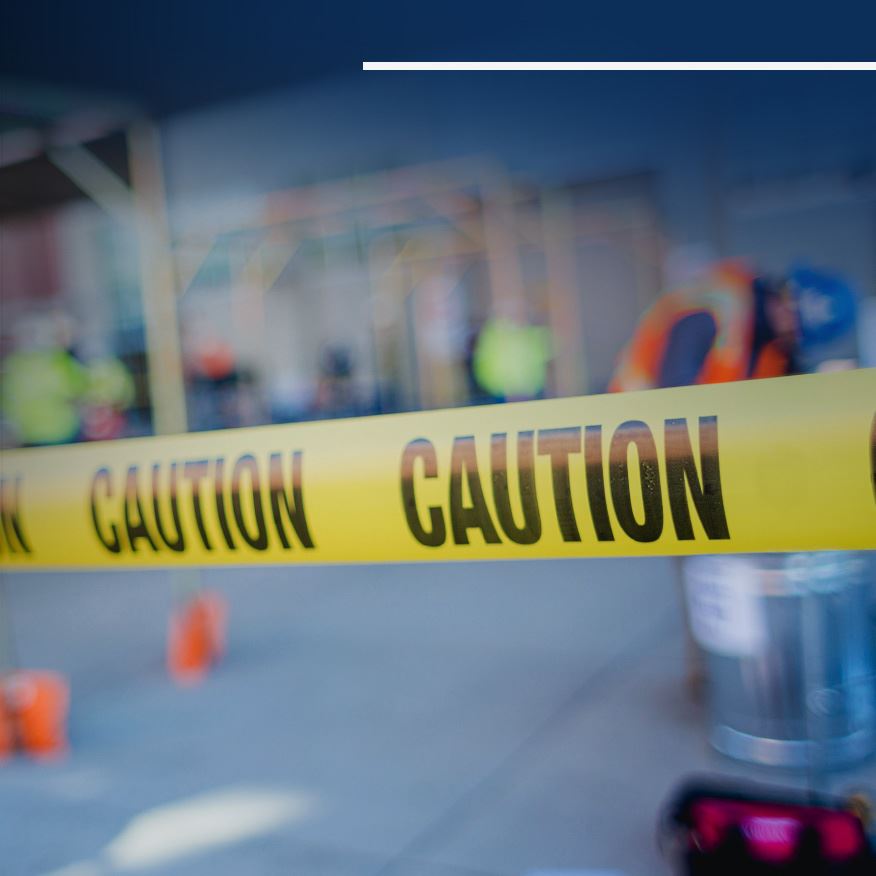

We know when to take cases to trial to secure maximum compensation for our clients.
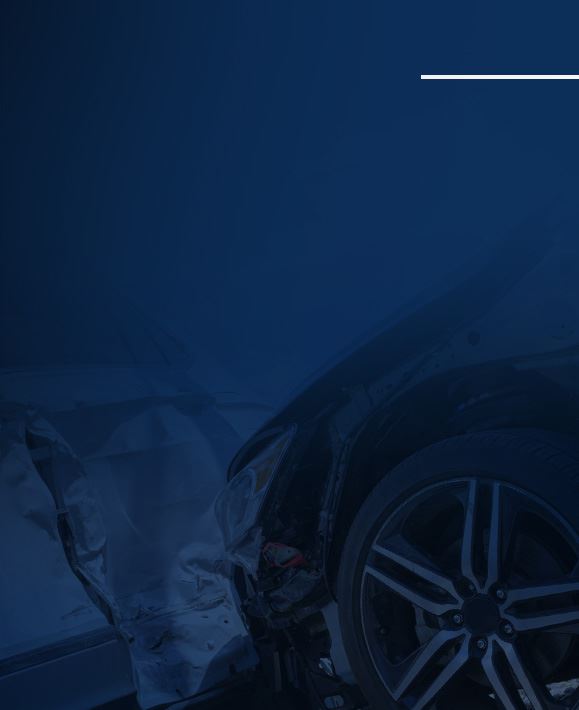
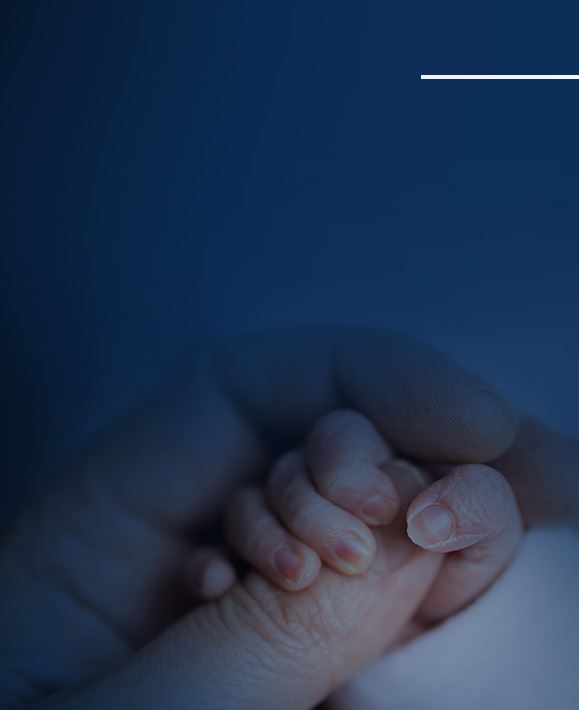


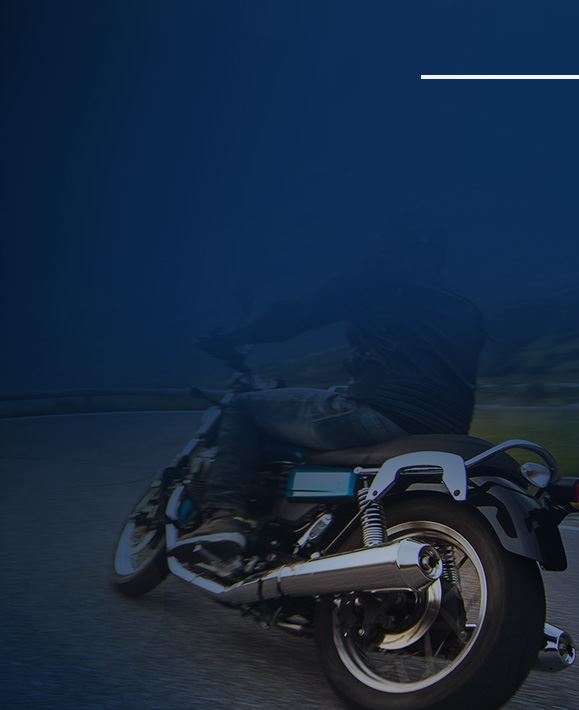
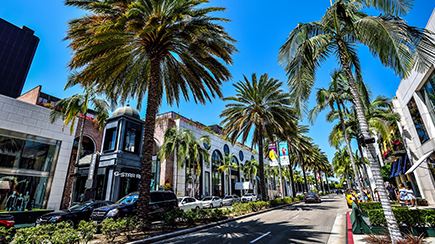


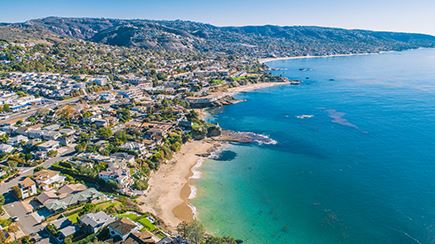
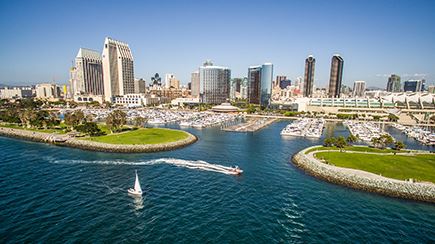










-Logo.wine.2404181135550.png)

